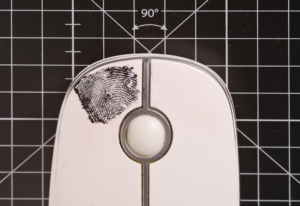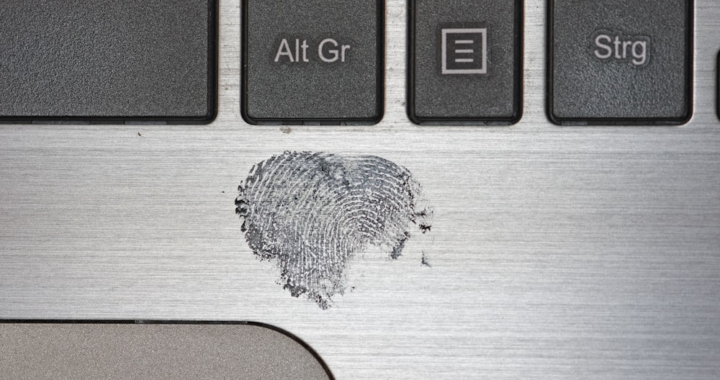Digital tools and platforms have become an integral part of our lives. From storing personal data to conducting business, our reliance on electronic devices has grown exponentially. Unfortunately, this digital landscape also presents new opportunities for various kinds of cybercrime. This is where digital forensic services come in.
Investigators utilize different types of digital forensic tools to gather, analyze, and present evidence in a court of law. These tools can come under five main categories.
Read on to learn more.
1. Disk and Data Capture Tools
The foundation of any digital forensic investigation is acquiring a pristine copy of the digital evidence. Disk and data capture tools create a forensic image, a replica of the storage media, ensuring the integrity of the original data.
Tools like FTK Imager and Autopsy enable investigators to image hard drives, flash drives, and other storage devices.
2. File Viewers and File Analysis Tools
Once they have a forensic image, investigators need to delve deeper. File viewers allow them to examine the content of various file formats, such as documents, images, and videos. File analysis tools go a step further, uncovering hidden data, deleted files, and file system artifacts that can reveal crucial information about user activity.
3. Registry Analysis Tools
The operating system registry on a computer functions like a central nervous system, storing configuration settings and user activity traces. Registry analysis tools, such as Registry Explorer, enable investigators to extract valuable information about installed software, hardware configurations, and user actions on the system.

4. Specialized Analysis Tools
Digital forensics extends beyond traditional computers. Investigators often need to analyze data from mobile devices, emails, and internet activity. Specialized tools cater to these specific needs.
For instance, mobile device forensic software like Cellebrite can extract data from smartphones and tablets, while tools like Wireshark can analyze network traffic to identify suspicious activity.
5. Forensic Suites and Platforms
Many vendors offer comprehensive forensic suites that combine various functionalities into a single platform. These suites, like EnCase Forensic and Magnet Axiom, provide a streamlined workflow for investigators, encompassing data acquisition, analysis, reporting, and presentation of evidence.
Secure Your Investigation with Digital Forensic Experts
Unlock the power of cutting-edge digital forensic services with Eclipse Forensics. From forensic imaging to mobile device forensics, our comprehensive solutions help you uncover critical evidence swiftly and securely.
Contact us today to learn how we can support your forensic investigations and strengthen your cybersecurity.

